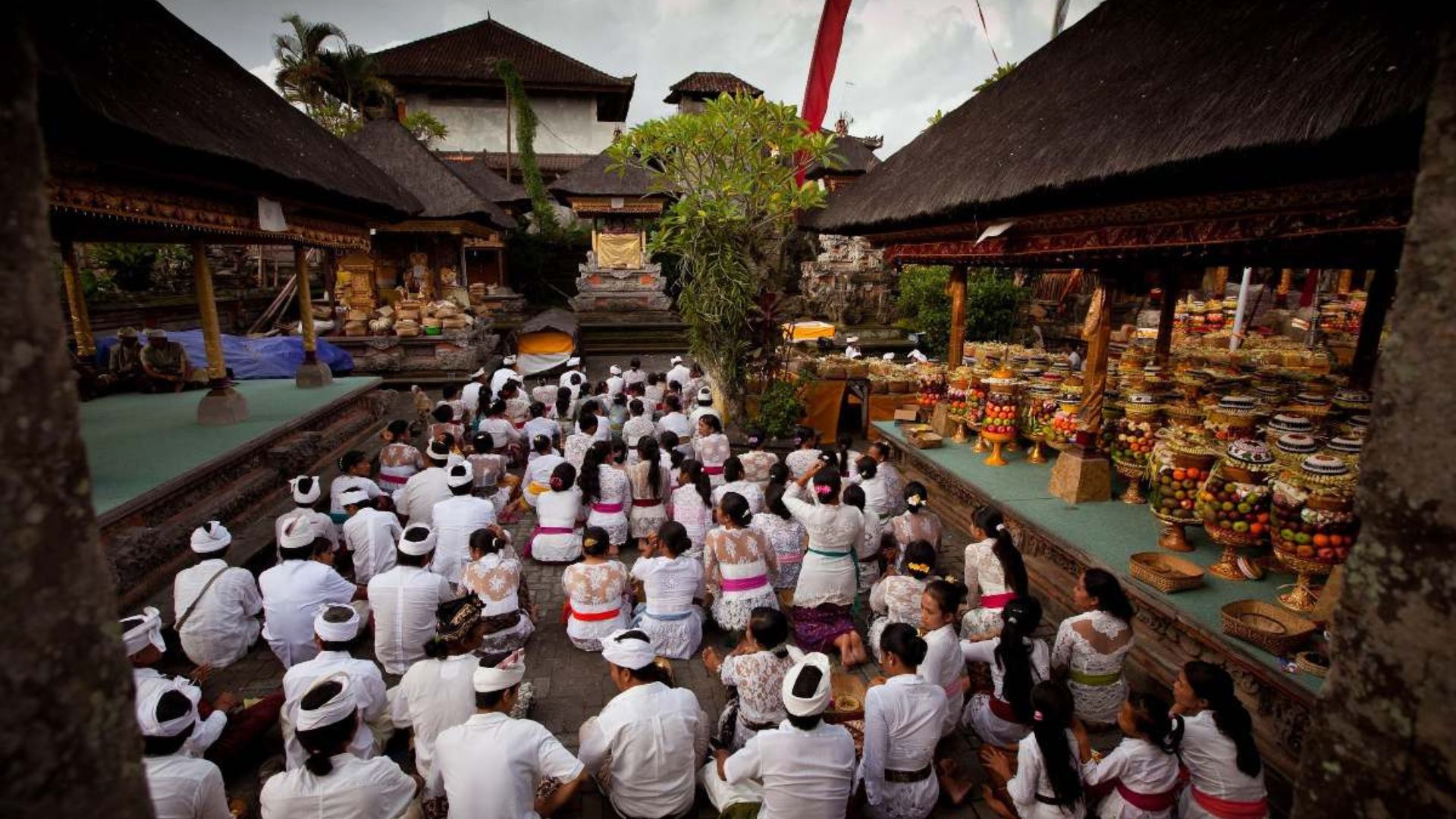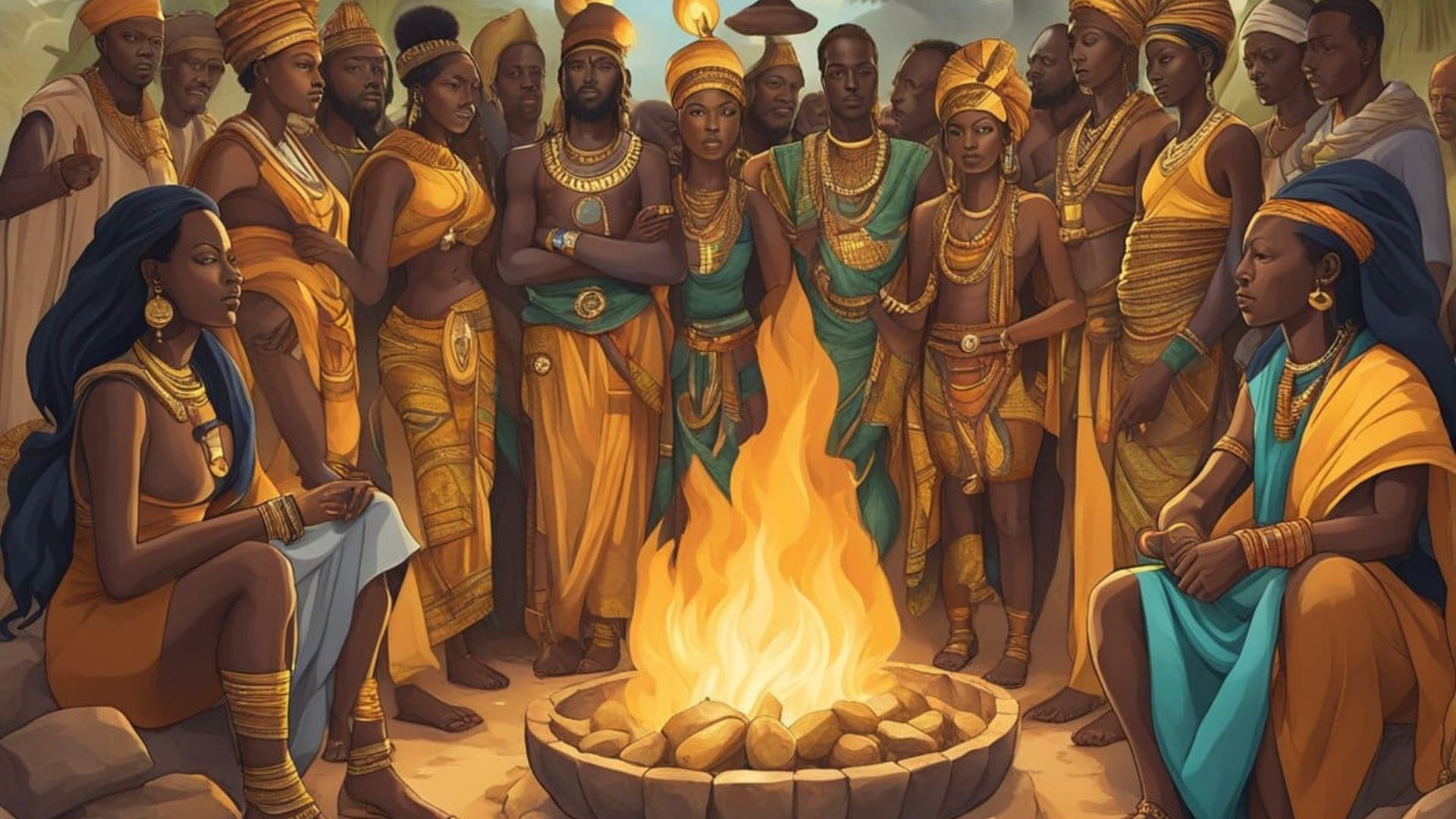
|
Getting your Trinity Audio player ready...
|
Religious rituals and ceremonies stand as profound expressions of faith, tradition, and cultural identity. This blog invites you on a journey to explore the richness of “Religious Rituals and Ceremonies,” unravelling the threads that weave the sacred tapestry of different belief systems.

The Universality of Rituals
Rituals, ingrained in the human experience, serve as powerful conduits connecting individuals to their beliefs and communities. From birth ceremonies that welcome new life into the world to funeral rites bidding farewell to the departed, religious rituals traverse the entire spectrum of human existence. These sacred moments offer solace, guidance, and a sense of continuity.
Symbolism and Significance
Religious rituals are laden with symbolism, each gesture and artefact carrying profound meanings. Whether it’s the lighting of candles, the pouring of water, or the chanting of ancient verses, every element contributes to a narrative that transcends the ordinary. Understanding the symbolism behind these actions unveils layers of spiritual wisdom and cultural heritage.
Christianity
Within Christianity, sacraments like baptism and communion serve as foundational rituals. Baptism symbolizes spiritual rebirth, while communion fosters a sense of community through the shared ritual of breaking bread. The significance lies not only in the actions but also in the communal bonds forged during these sacred moments.
Islam
Islamic rituals are centred around devotion and submission to Allah. The daily prayers, observed five times a day, offer moments of spiritual connection. Ramadan, a month of fasting, reflection, and communal breaking of the fast, is a profound ritual of self-discipline. The Hajj pilgrimage to Mecca stands as a pinnacle of spiritual fulfilment for millions of Muslims worldwide.
Hinduism
Hindu rituals encompass a vibrant tapestry of ceremonies, with puja (worship) and aarti (devotional songs) being integral parts. Festivals like Diwali and Holi are celebrated with elaborate rituals, offering a sensory feast of colours, lights, and devotional practices that mark the cyclical nature of life.
Buddhism
Buddhist rituals are often centred around meditation, a practice aimed at achieving enlightenment and inner peace. Vesak, commemorating the Buddha’s birth, enlightenment, and death, involves rituals of offering, meditation, and acts of kindness, reflecting the core tenets of compassion and mindfulness.
Judaism
Jewish rituals emphasize the sanctity of time and community. The observance of Shabbat, a day of rest and reflection, fosters spiritual rejuvenation. Bar and Bat Mitzvah ceremonies mark the coming of age, while Passover rituals recount the liberation from slavery, emphasizing the importance of freedom and remembrance.
Indigenous Religions
Indigenous religions often centre their rituals around a profound connection with nature. From sacred ceremonies honouring the changing seasons to rituals venerating ancestral spirits, these practices echo a deep respect for the environment and the interdependence of all living beings.
Secular Rituals
Rituals, in their essence, extend beyond religious boundaries. Secular societies also engage in rituals that bind communities, from the solemnity of national ceremonies to the jubilant celebrations of cultural festivals. These shared experiences contribute to a sense of belonging and shared identity.
Challenges to Traditions
In the modern era, religious rituals face challenges as societies evolve. The balance between preserving tradition and adapting to contemporary values poses a nuanced dilemma. Communities grapple with questions of inclusivity, relevance, and the preservation of cultural heritage in a rapidly changing world.
The Role of Rituals in Social Cohesion
Religious rituals not only foster individual spiritual growth but also play a crucial role in building social cohesion. They provide a shared language of symbolism and meaning that strengthens the bonds within communities, fostering a sense of collective identity and purpose.
Rituals as Cultural Heritage
Religious rituals serve as custodians of cultural heritage, preserving unique identities across generations. Whether it’s the rhythmic dances of African tribes, the intricate tea ceremonies in Japanese Shinto traditions, or the vibrant Navaratri celebrations in Hinduism, rituals encapsulate the essence of cultural expression.
Rites of Passage
Many religious rituals are rites of passage, marking significant transitions in an individual’s life. Initiations, weddings, and funerals are pivotal moments accompanied by sacred rites that guide individuals through the phases of life, providing comfort, guidance, and a sense of purpose.
Inclusivity and Diversity in Rituals
While religious rituals have distinct characteristics, they also reflect the evolving landscapes of inclusivity and diversity. Interfaith dialogues and ecumenical movements highlight the shared values among different religious traditions, fostering mutual respect and understanding.
Impact of Globalization on Rituals
The interconnectedness brought about by globalization has influenced the way rituals are practised. Traditional rituals may undergo adaptations, incorporating global influences while attempting to maintain authenticity. This dynamic interplay between the local and the global raises questions about cultural preservation and the evolving nature of religious practices.
Technological Influence on Worship
In contemporary society, technology has introduced new dimensions to religious rituals. Virtual ceremonies, online prayer services, and digital pilgrimages have become more prevalent, especially in times of global crises. The integration of technology into religious practices raises discussions about accessibility, authenticity, and the spiritual impact of virtual experiences.
Controversies Surrounding Rituals
Certain religious rituals have faced scrutiny due to ethical concerns or evolving societal norms. Practices like animal sacrifice, female circumcision, or certain initiation rites have sparked debates about cultural relativism, human rights, and the need to balance tradition with evolving ethical standards.
Conclusion
“Religious Rituals and Ceremonies” transcend the boundaries of dogma; they are universal expressions of the human spirit. In their diversity, these rituals offer glimpses into the shared aspirations, fears, and joys that define our collective existence. Exploring these sacred practices is an invitation to appreciate the richness of our shared humanity, finding common ground in the quest for meaning and connection.
You might also be interested in the following:
